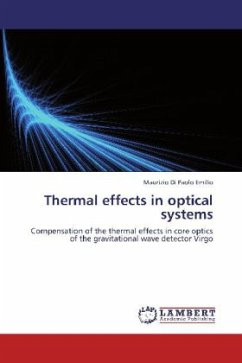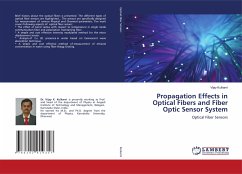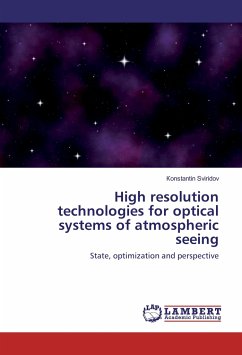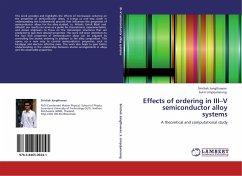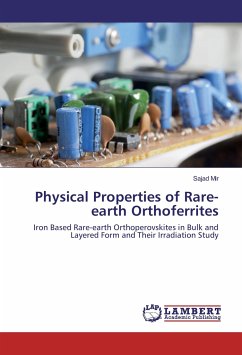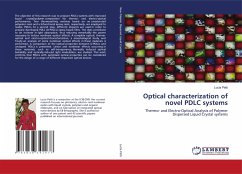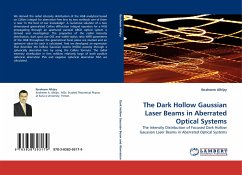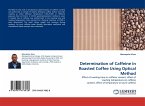Thermal effects in core optics of gravitational wave interferometric detectors can represent a strong limitation to their operation and sensitivity. These effects have already been observed in the present detectors and will become more relevant in the future interferometers, due to the much higher circulating power in the Fabry-Perot (FP) cavities. It is, then, necessary to realize a Thermal Compensation System (TCS) to correct the thermal effects due to the ITF beam. TCS can introduce displacement noise by means of several mechanisms. It is necessary to reduce TCS noise at a level compliant with Virgo specifications. The noise depends on the laser intensity noise and on the power needed to compensate thermal effects. For this, it is necessary to design a feedback system to reduce the TCS noise

